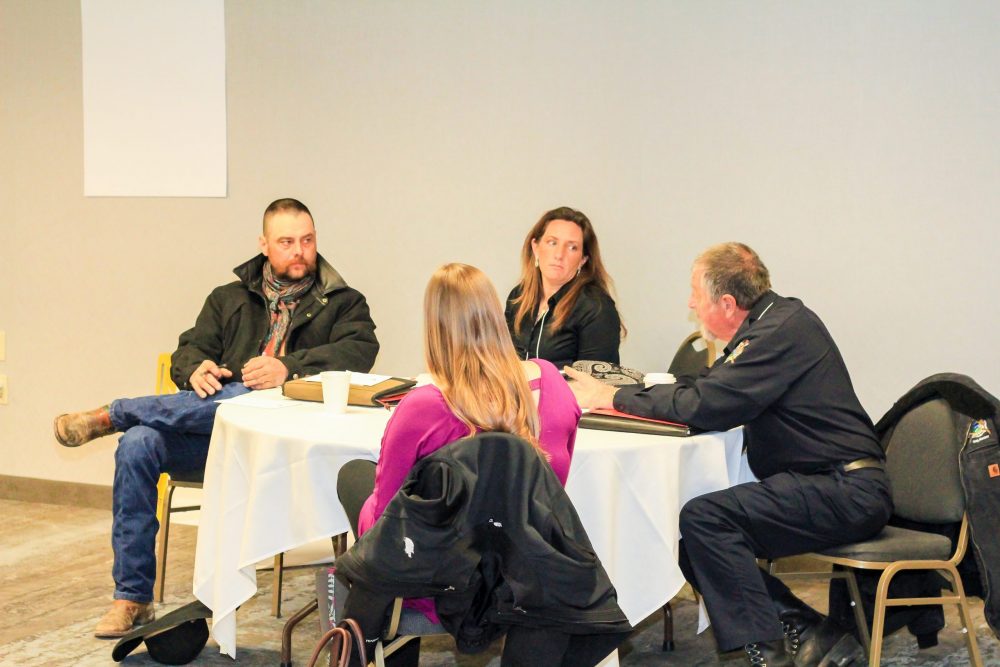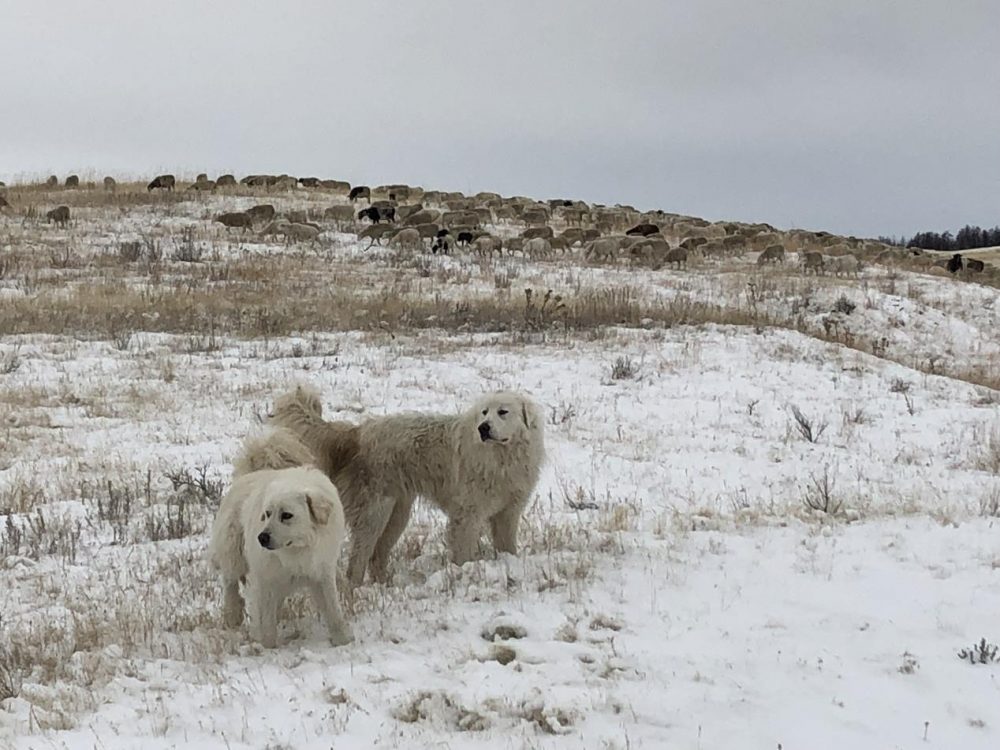Disaster Philanthropy Playbook

Lodgepole Complex Fires – Central Montana Foundation
When four fires in Montana merged to become the Lodgepole Complex in 2017, they burned close to 300,000 acres of dry, drought-stricken agricultural land, mainly in Garfield County. As the fires burned, the Garfield County Fire Foundation – part of the Central Montana Foundation – acted quickly to help those affected.
Much of the foundation comprises first responders, enabling easy conversation and familiarity among the leadership team. Christine Weder, the Garfield County’s disaster recovery coordinator, says, “One day you’re fighting a fire and the next day you’re all sitting in a board meeting together.”
The Garfield County Fire Foundation (GCFF) received an $87,500 grant from the Center for Disaster Philanthropy’s (CDP) Midwest Early Recovery Fund to support community recovery from the Lodgepole Complex fires. The donation, made through the Central Montana Foundation, allowed GCFF to hire Weder as a disaster coordinator to lead the recovery. Under her guidance and with the support of CDP’s grant, the GCFF has provided mental health seminars for fire survivors and implemented a fire safety program to help teens and young adults better understand the risks associated with wildfires. They also began “Sheep on Weeds,” a mitigation program that uses sheep grazing to control weeds and other fuel sources.

GCFF sent funding applications directly to people who were affected by the Lodgepole Complex. Review and approval of assistance were carried out with strict anonymity to protect people receiving support from undue scrutiny and publicity. “No one needs to know,” said Weder. In some situations where ranchers did not want to accept help, the foundation estimated their needs and sent those ranchers a check even if they did not submit applications.
With the support of CDP’s Midwest Early Recovery Fund, the GCFF was able to expand its reach by having a dedicated recovery coordinator who could direct the daily work of the foundation. This position has allowed them to do more awareness-raising and information-sharing than they would have without a full-time employee. As a result, they are better prepared for the next time wildfires race across the plains.